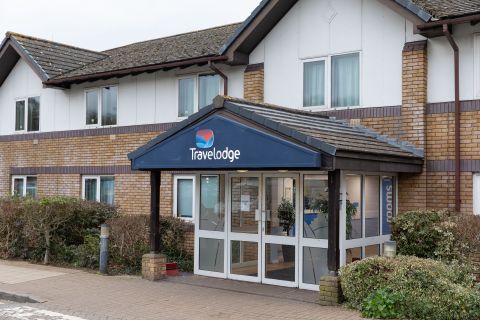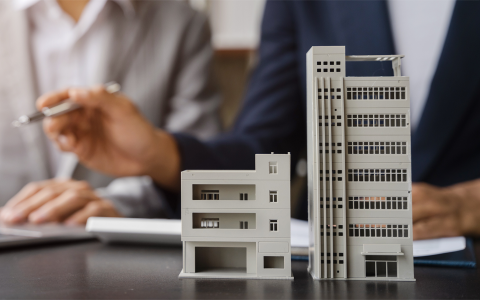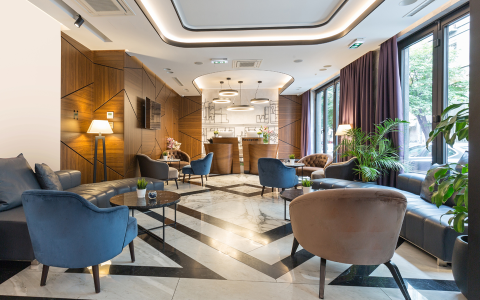
Hotels
Smarter energy management for hotels
Smarter energy management for hotels
Smarter energy management for hotels makes it simpler to identify areas with high energy demand and take swift action to ensure energy is used efficiently whilst ensuring that the thermal comfort of guests in individual rooms is met. The energy management provides real time data on energy use in a building or across an estate and makes it possible to control the heating or cooling equipment in individual rooms from a central location.
Click here to see how we have helped Travelodge save 40% in heating bills, per hotel.
Why choose Smarter Energy Management Technology?
The system is non disruptive during installation and retrofit.
The speed and ease of installation minimise the impact on guests and help reduce the cost of refurbishment.
Once installed, the data collected by Smarter energy management systems can be used to monitor the performance of heating equipment, act remotely to rectify any issues and tailor maintenance plans to minimise equipment downtime and disruption to guests.
Energy management systems for hotels sit in the background. They monitor and silently take control when necessary to save energy without impacting the comfort of guests. For hotels, this reduces energy bills, improves their sustainability, and delivers a better guest experience.
How it works
Our hotel energy management system empowers asset managers with real-time data and reporting to optimize energy strategies, detect faults, and streamline maintenance. By automating HVAC control and monitoring environmental conditions, we’ve delivered annual energy savings of over 40% while minimizing guest disruption.
In-room sensors track temperature, thermostat settings, and occupancy, feeding data into a secure Smarter system that connects to heating and cooling equipment. This enables remote control of room conditions without staff intervention.
If a hotel room is unoccupied, heating or cooling can be turned off. Thermostat limits prevent excessive energy use while allowing guests to control their comfort within tailored temperature ranges.
Read our whitepaper to discover how SmarterDM can help improve your hotel management practices.
Smarter air conditioning energy management
learn moreSmarter panel heater energy management
learn moreKey SmarterDM benefits
Fast
- Can be installed in around 15 minutes per room
Effective
- Proven energy savings upward of 40% from electric heating
Wireless
- No physical connection between components and no Wi-Fi interference
Retrofittable
- The SmarterDM system can be retrofitted on existing electric heaters, minimising costs
Versatile
- SmarterDM can also control air conditioning system for even greater savings
Cost Effective
- One off heater cost
Energy Efficient
- 100 efficient meaning every kW energy you get in, you get the same kW heat out. The SDM heaters also have Open Window Detection to save on wasted energy.
Low Maintenance
- Require minimal installation and if installed (recommended - Fuse Spur) no PAT testing required
Saftey
- No fire risk, SDM heaters if obstructed will cut off instantly, also unlike portable heaters they cannot be moved , taken or placed elsewhere.










